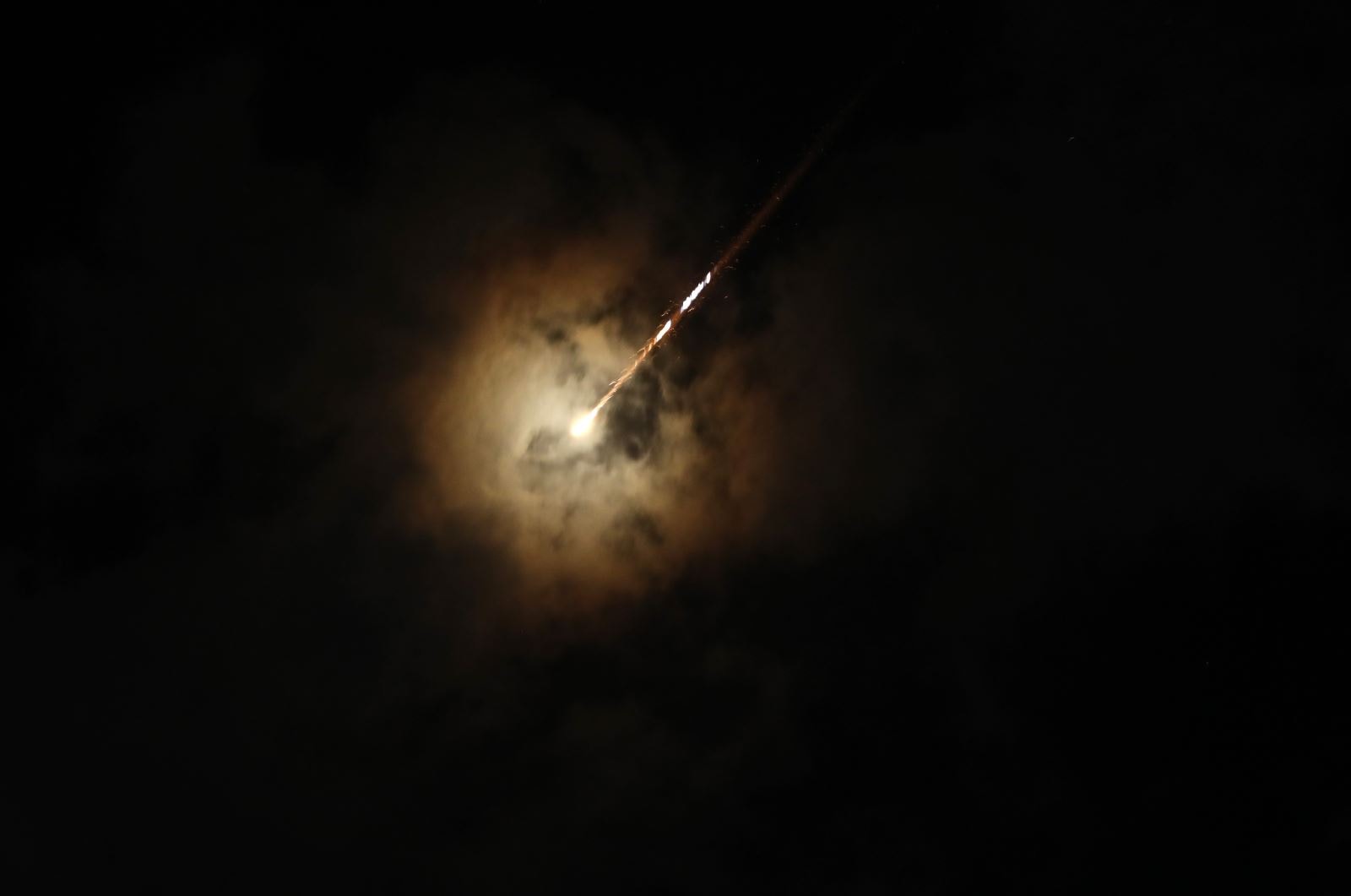Assessments from media around the world show that the confrontation between Iran and Israel risks leading to a full-scale war, causing serious consequences for both sides and the region.

According to the Russian news agency RIA Novosti on October 2, Iran's latest missile attack on Israel has attracted special attention from the international media, showing that the confrontation between the two countries has reached a new turning point.
About 200 missiles were fired from Iran, many of which were intercepted by Israel's defense system, but some still landed in different parts of Israel. According to the Israel Defense Forces (IDF), the attack left one person dead and caused many shrapnel injuries. The incident not only marked an escalation of tensions, but also posed new challenges for the Middle East region.
International media comments
International media unanimously commented that this attack has "heated up" one of the world's most complex regional conflicts. The British newspaper The Guardian said that this is a sign that the long-standing conflict between Israel and Iran has finally moved from threats to actual action. The newspaper commented that this confrontation could be part of the "ballistic missile war" that the world has long feared, and the consequences of which could extend beyond these two countries.
The New York Times of the United States emphasized that this could be "the most dangerous moment in the modern history of the Middle East". The newspaper pointed out that if tensions continue to escalate, the risk of a full-scale confrontation between Iran and Israel is very high, and the possibility of intervention from powers like the United States is not ruled out. The role of the United States in Israel's next moves is something that the American media is paying special attention to, especially in the context of the approaching US presidential election.
Meanwhile, the British Daily Mail called this the "most dramatic moment" in the confrontation between the two countries and said that this attack could be the catalyst for a full-scale war in the Middle East. In addition, the French Figaro newspaper also said that this could be a "turning point" in the conflict, and that Iran's Supreme Leader Ayatollah Ali Khamenei may be trying to send a warning message to Israel.
Effectiveness of air defense systems
Another aspect that has received special attention from the international media is the effectiveness of air defense systems in dealing with this attack. Al-Quds Al-Arabi, an Arabic-language newspaper, said that Iran's attack exposed the inability of "Western air defense systems", especially those of the United States, to stop a large number of ballistic missiles and hypersonic missiles. The newspaper also emphasized that Iran may have used its most modern missiles in the attack, including the Fattah hypersonic missile.
The attack also raised international questions about Israel’s ability to defend against missile attacks. Although Israel’s air defenses were successful in intercepting a large number of Iranian missiles, the destruction of unintercepted missiles remains a worrying threat. This issue was identified by the New York Times as one of the factors that could lead to a larger conflict in the future.
According to The Guardian, Iran's goal in this attack is not only to cause damage to Israel, but also to affirm that Iran still plays an important role in the region and is the "leader of the resistance" in the face of pressure from Western powers. The British newspaper Independent noted that Israel still has the opportunity to not retaliate and seek to maintain a balance in the region. However, Israel's increasing military activities in Lebanon have made many people worry that Israeli Prime Minister Benjamin Netanyahu may want to escalate tensions.
According to Al-Quds Al-Arabi, if Israel decides to respond strongly, Iran could attack Israel with even more dangerous hypersonic missiles, causing severe damage to Israel's infrastructure. In that context, the Independent warned that the ballistic missile war, if it continues to escalate, will have unpredictable consequences for both sides and the entire Middle East region.
Thus, Iran's missile attack on Israel has opened a new chapter in the long-standing conflict between the two countries, and the international media unanimously agree that the current situation is very dangerous. The future of the Middle East depends largely on Israel's next retaliatory moves, as well as the role of international powers such as the United States.